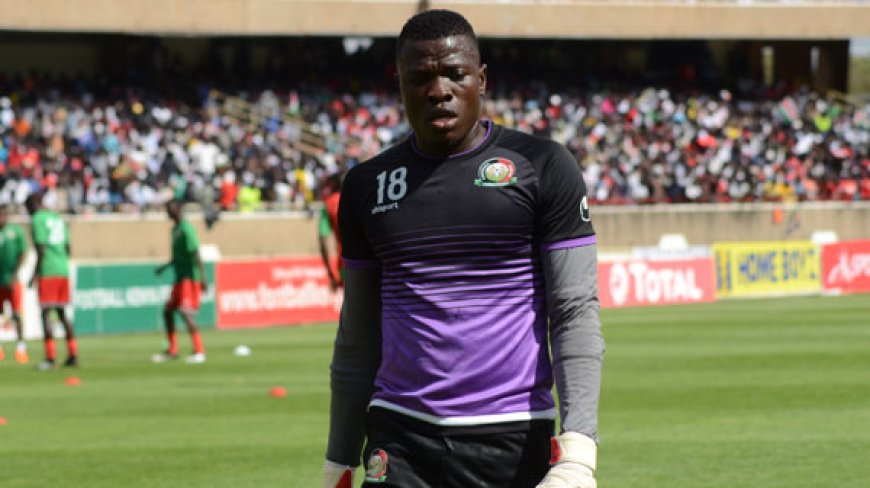FIFA Orders Relegation Of Kenyan Football Club Over Match-Fixing
FIFA confirmed the decision, which demotes the Kenyan club from the nation's second-tier football league to the third tier.

On Friday, May 2, FIFA’s Disciplinary Committee ordered the immediate relegation of Muhoroni Youth from the National Super League to the FKF Division One League following allegations of match-fixing.
In an official statement, FIFA confirmed the decision, which demotes the Kenyan club from the nation's second-tier football league to the third tier.
“Following a thorough analysis of the case and as part of its zero-tolerance policy against match manipulation, the FIFA Disciplinary Committee has found Kenyan club Muhoroni Youth guilty of activities related to the manipulation of football matches and competitions,” FIFA stated.

Photo of Muhoroni Youth players. /KEVIN TEYA
“The club’s senior team have consequently been expelled from the Football Kenya Federation National Super League, and the Disciplinary Committee has further ordered the relegation of the senior team to the Football Kenya Federation Division One League ahead of next season."
According to FIFA regulations, clubs have a 10-day window to file an appeal with the FIFA Appeals Committee and request the full reasoning behind any disciplinary decision.
In Kenya, the Football Kenya Federation (FKF) confirmed it had received official communication from FIFA regarding Muhoroni Youth’s relegation and expressed full support for the decision, adding that it would ensure the club faces the full consequences of its actions. It also announced plans to launch a wide-ranging crackdown to eliminate match-fixing from local football.
“FKF fully supports FIFA’s decision and reiterates its zero-tolerance stance on match-fixing and all forms of manipulation that threaten the integrity of the game. We are committed to working closely with FIFA and other relevant bodies to root out this vice from Kenyan football,” FKF stated through General Secretary Harold Ndege.
“We are launching a full-scale war on match-fixing in collaboration with FIFA, CAF and all relevant authorities. We cannot allow this vice to undermine the progress we are making to uplift the game. Anyone found culpable will face the full consequences of their actions."
Muhoroni Youth, based in Kisumu, had long been the subject of speculation within the National Super League (NSL), with persistent rumors about their involvement in manipulating match outcomes. Following confirmation of their relegation, several voices on social media welcomed the move, describing it as "long overdue."
Founded in the early 2000s, Muhoroni rose to national recognition in 2012 after gaining promotion to the Kenyan Premier League (KPL). The club earned a reputation for overachieving despite modest resources, regularly finishing mid-table and avoiding relegation. However, they were demoted in 2017 following a drawn-out legal battle over licensing and league status, which they unsuccessfully contested.
In Kenya, match-fixing carries severe penalties, including relegation, suspensions, fines, title or point stripping, sponsorship losses, and potential criminal charges. A notable precedent was set in 2020 when several Zoo Kericho FC players were banned by FIFA for match-fixing, followed by the club’s expulsion from the FKF Premier League in 2021.
Recently, match-fixing in Kenyan football made headlines with the case of Patrick Matasi, the Harambee Stars goalkeeper who was suspended by FKF from all FKF-sanctioned events and competitions for 90 days, as announced on March 27, 2025.
The move came following the emergence of videos showing Matasi allegedly involved in match-fixing, raising concerns about possible match manipulation.







